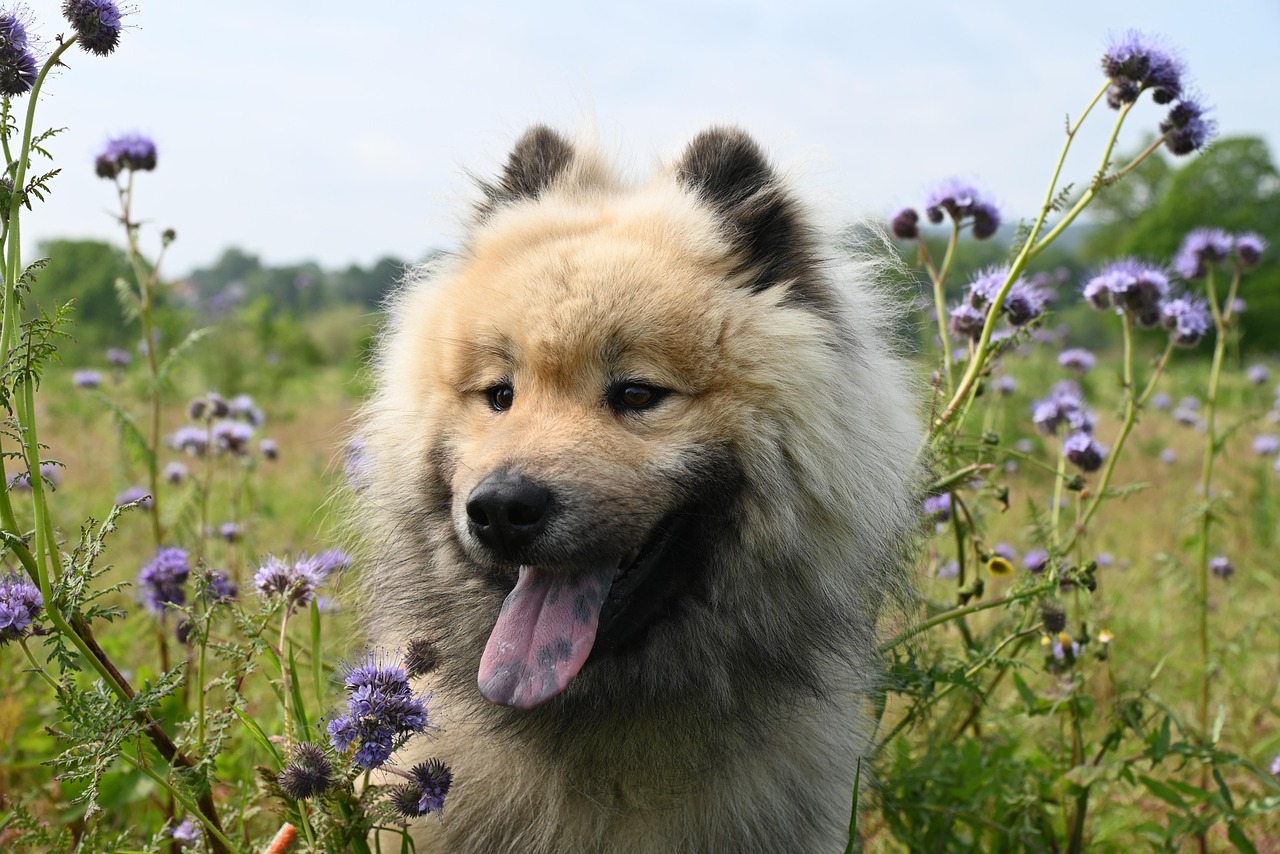The bond we share with our best friend is often one of the most significant relationships in our lives. It’s a connection built on trust, shared experiences, and unwavering support. But what makes this bond so special, and how can we nurture it to stand the test of time? This blog post delves into the intricacies of the best friend bond, exploring its benefits, challenges, and practical tips for strengthening this invaluable connection.
The Unique Power of a Best Friend
Defining the Best Friend Relationship
The term “best friend” can carry different meanings for everyone. Generally, it signifies a person with whom you share a deep and meaningful connection, someone you trust implicitly and confide in regularly. They are your go-to person for advice, support, and companionship. Unlike casual friendships, a best friend relationship is characterized by:
- Unconditional acceptance: They accept you for who you are, flaws and all.
- Mutual respect: They value your opinions and feelings, even when they differ.
- Shared values: You share fundamental beliefs and principles that underpin your connection.
- Deep trust: You can confide in them without fear of judgment or betrayal.
- Emotional intimacy: You feel comfortable sharing your deepest thoughts and feelings.
The Psychological Benefits of Having a Best Friend
Studies have shown that strong friendships, particularly best friend relationships, contribute significantly to our overall well-being. The benefits are both psychological and physiological. For example, research from Michigan State University found that friendships become increasingly important to health and happiness across the lifespan, even more so than family relationships in later years.
- Reduced stress and anxiety: Having someone to confide in helps you process difficult emotions and cope with stressful situations.
- Increased feelings of belonging and self-worth: Knowing you are valued and loved for who you are boosts your confidence and self-esteem.
- Improved mental health: Strong social connections can protect against depression and loneliness.
- Enhanced physical health: Studies suggest that strong social ties can even lower blood pressure and boost the immune system.
- Increased longevity: Research indicates that people with strong social support networks tend to live longer, healthier lives.
Building a Foundation of Trust and Respect
The Importance of Open and Honest Communication
Communication is the cornerstone of any successful relationship, and a best friend bond is no exception. Being open and honest with your best friend, even when it’s difficult, is essential for building trust and fostering deeper intimacy.
- Practice active listening: Pay attention to what your friend is saying, both verbally and nonverbally. Show genuine interest and ask clarifying questions.
- Express your feelings honestly: Don’t be afraid to share your thoughts and emotions, even if they’re vulnerable or uncomfortable.
- Be direct and clear in your communication: Avoid ambiguity and passive-aggressive behavior.
- Respect your friend’s boundaries: Be mindful of their comfort levels and avoid pushing them to share more than they’re comfortable with.
- Offer constructive feedback: When appropriate, provide honest feedback in a supportive and caring manner. For example, if your friend is making a decision you disagree with, express your concerns gently and respectfully.
Navigating Conflicts and Disagreements
Even the closest of friends will inevitably experience conflicts and disagreements. How you navigate these challenges can make or break your bond.
- Address issues promptly: Don’t let resentments fester. Address conflicts as soon as they arise, before they escalate.
- Listen to your friend’s perspective: Try to understand their point of view, even if you don’t agree with it.
- Compromise and find common ground: Be willing to meet your friend halfway and find solutions that work for both of you.
- Apologize sincerely: If you’ve made a mistake, own up to it and offer a genuine apology.
- Focus on the relationship, not just being “right”: Remember that your friendship is more important than winning an argument.
Maintaining the Bond Through Time and Distance
Making Time for Each Other
Life can get busy, and it’s easy to let friendships drift apart. Making a conscious effort to prioritize your best friend relationship is crucial for maintaining its strength.
- Schedule regular check-ins: Set aside time for regular phone calls, video chats, or in-person visits.
- Plan activities together: Engage in activities that you both enjoy, whether it’s going to a movie, trying a new restaurant, or going for a hike.
- Be flexible and adaptable: Life circumstances change, so be willing to adjust your expectations and routines to accommodate each other’s needs. For example, if your friend has a new baby, offer to help out with childcare so they can have some free time.
- Small gestures of appreciation: Send a thoughtful text message, leave a supportive comment on their social media, or surprise them with a small gift.
Staying Connected Despite Geographical Distance
Distance can be a challenge, but it doesn’t have to mean the end of a best friend relationship. Technology makes it easier than ever to stay connected, no matter how far apart you are.
- Utilize video calls: Video calls allow you to see each other’s faces and pick up on nonverbal cues, making the connection feel more personal.
- Share photos and videos: Keep each other updated on your lives by sharing photos and videos of your daily activities.
- Send handwritten letters or postcards: A tangible reminder of your friendship can be a heartwarming gesture.
- Plan virtual activities: Watch a movie together online, play a virtual game, or have a virtual book club.
- Make an effort to visit each other: If possible, plan occasional visits to reconnect in person.
Overcoming Challenges and Strengthening the Connection
Dealing with Changes in Life Circumstances
Life throws curveballs, and your best friend’s life, as well as your own, will inevitably undergo significant changes. These changes can impact your relationship, but with understanding and effort, you can navigate them successfully.
- Be supportive during difficult times: Offer your support and understanding when your friend is going through a tough time, whether it’s a job loss, a relationship breakup, or a family emergency.
- Celebrate their successes: Share in their joy and celebrate their achievements, big or small.
- Adapt to changing roles: As you both go through different life stages, your roles in each other’s lives may shift. Be flexible and willing to adapt to these changes. For example, if one of you becomes a parent, be understanding if they have less time for socializing.
- Communicate your needs and expectations: Be open and honest about your own needs and expectations, and encourage your friend to do the same.
Letting Go of Unhealthy Dynamics
Sometimes, a best friend relationship can become unhealthy or toxic. Recognizing and addressing these dynamics is crucial for maintaining your own well-being.
- Identify patterns of negativity: Be aware of any patterns of negativity, such as constant criticism, manipulation, or competition.
- Set boundaries: Establish clear boundaries and enforce them consistently.
- Communicate your concerns: Express your concerns to your friend in a calm and respectful manner.
- Seek professional help: If you’re struggling to resolve the issues on your own, consider seeking professional help from a therapist or counselor.
- Be willing to let go: Sometimes, despite your best efforts, a friendship may simply run its course. It’s okay to let go of a relationship that is no longer serving you.
Conclusion
The best friend bond is a unique and invaluable connection that enriches our lives in countless ways. By prioritizing open communication, mutual respect, and consistent effort, we can nurture these relationships and ensure they stand the test of time. While challenges may arise, navigating them with understanding and a willingness to adapt can ultimately strengthen the bond. Remember that investing in your best friend relationship is an investment in your own well-being and happiness. So, reach out to your best friend today and remind them how much they mean to you.




